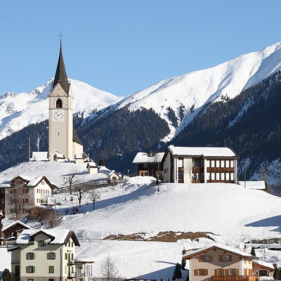This article first appeared in Harvard Business Review.
The fall of the Berlin Wall, in 1989, ushered in a new era of globalization. People, capital, goods, and ideas moved around the world with a freedom not seen since the late-19th century.
The economic gains for developing countries have been extraordinary. The percentage of the world’s population living in absolute poverty has fallen from 40 percent in 1980, to 10 percent today. China and India now have middle classes numbering in the hundreds of millions.
3x How much bigger multinational corporations’ market capitalizations have grown compared to listed companies on average
Multinational corporations have been instrumental in this process. To reduce costs, they have shifted production to countries with low-paid workers, thereby increasing demand for their labor and increasing their wages. This has spread advanced production techniques and management practices around the world, dramatically improving productivity. And they have sold their products in countries whose citizens were until recently shut off from goods and services of the quality and value familiar to Western consumers.
The New World Order
Partner Davide Taliente on how multinationals can adapt to a political mood that does not care for them at all.
About authors
Davide Taliente is a London-based managing partner for Europe, the Middle East, and Africa, and Constanze Windorfer is a Sydney-based engagement manager in Oliver Wyman’s Financial Services practice.







